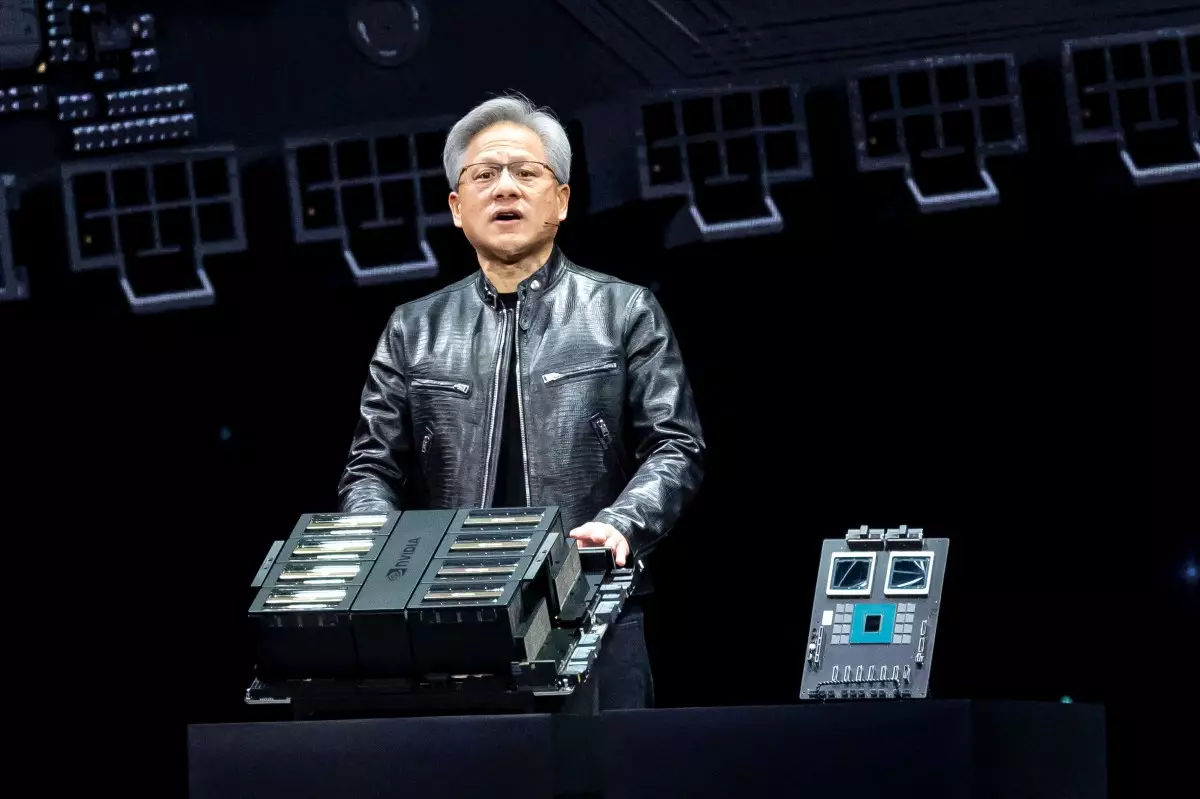In a remarkable move that highlights the ongoing tensions between the U.S. and China, ByteDance, the parent company of TikTok, is reportedly plotting a substantial investment in Nvidia chips. With plans to allocate $7 billion for chip procurement by 2025, this strategy underscores ByteDance’s ambition to secure a significant position in the global AI technology landscape, even amid stringent U.S. export restrictions. As technology battles deepen, ByteDance’s actions raise questions about compliance, international trade, and future innovation in artificial intelligence.
The U.S. government has implemented a series of export controls designed to limit the access of Chinese companies to advanced AI technologies. These regulations have become increasingly stringent, aiming to curb potential military applications and foster national security. Despite these measures, ByteDance appears to have found a workaround that allows it to acquire these valuable chips—by storing them in data centers outside of China. This tactic highlights the company’s resourcefulness in maneuvering within regulatory frameworks while still pursuing its technological ambitions.
ByteDance is not simply pursuing the chips for standard usage; the implications of its acquisition go beyond mere operational needs. The company’s Doubao chatbot, which boasts an impressive 51 million active users, serves as a testament to its drive towards leveraging cutting-edge AI technology. By housing Nvidia chips in Southeast Asia and other regions, ByteDance not only complies with U.S. regulations but also positions itself to capitalize on advancements in artificial intelligence without the restrictions that would accompany their presence in China.
This move could have significant ramifications for the competitive landscape of AI development. Should ByteDance successfully become one of the leading holders of Nvidia technology, it could rival major players in the tech industry and reshape the AI market dynamics. Moreover, ByteDance’s activities could prompt reactions from the U.S. government, potentially leading to stricter regulations or new policies aimed at reinforcing technological barriers against Chinese enterprises.
As ByteDance continues to navigate the complex web of international regulations and technology acquisitions, its future trajectory remains uncertain. The company’s commitment to obtaining advanced AI chips amid challenging geopolitical relations illustrates the broader struggle for dominance in technology. As innovation surges forward, both ByteDance and the global AI community must reconcile the benefits of technological advancement with the realities of national security concerns. For ByteDance, the next few years will be critical in determining its place—and that of Chinese firms—within the rapidly evolving landscape of artificial intelligence and global technology competition.

